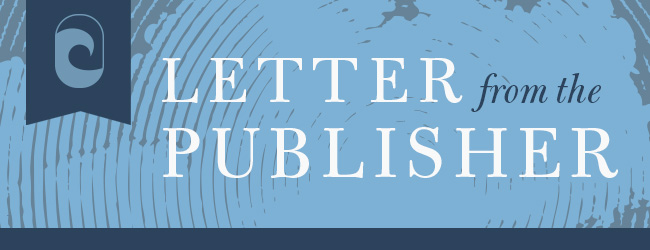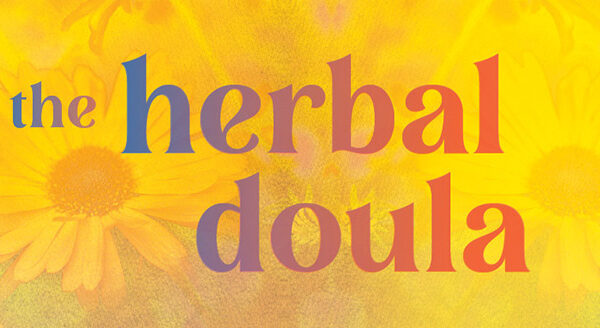
Letter from the Publisher: Every Breath, New Chances
Categories: General Health & Healing New Release
I sure wish Lewis Richmond’s new book, Every Breath, New Chances: How to Age with Honor and Dignity—A Guide for Men, had been around for my father to read while he was still alive.
My father died at age 78, exactly seven years ago from the day I pen this letter. He died an isolated man, so separate from family and friends that he had provided the nursing home where he lived with only one emergency contact: a gambling buddy who had drifted in and out of his life over the years. My sister and I didn’t find out that my father had had a stroke until a full five days later when the friend finally called my sister to share the news. I hopped on the next plane I could to Long Beach to see my father, who was in a coma in a county hospital, breathing heavily with not a tube, machine, or IV in sight. (In the absence of any next of kin to contact or advance health-care directives to follow, the hospital was letting nature run its course.)
“It is miraculous he has held on like this for so many days,” the nurse remarked. “Most people would have died by now. Was he a marathon runner or something?”
“Nope,” I replied. “Just stubborn as hell.”
Even though I wasn’t sure he could hear me or even register my presence, I spent the next hour talking to my father, stroking his face, and telling him I loved and forgave him despite the painful way he had separated himself from our family when my sister and I were children. A few hours after I returned to my hotel room, the hospital called to tell me my father had died.
I truly believe Every Breath, New Chances would have helped my father navigate the last two difficult decades of his life. My father, like most men I knew, had derived much of his self-esteem from two principal areas: professional success and physical and mental strength. Once these began to wane, he became increasingly adrift, unable to find his moorings without his usual tools of navigation. Unlike most women I knew, including my mother, my father had become so accustomed to solving problems on his own that he had never really built a support network that could buoy him during difficult times. Rather, he responded to life’s challenges by retreating further and further into himself, burning the few bridges he had and drawing on a self-reliance that no longer delivered. He was an ailing island of one.
This is why I am so glad we are publishing Every Breath, New Chances—so that men like my father can realize that their usual methods of coping will not suffice as they lose their decades-honed sense of might and right. And that a trove of untapped tools do exist, from embracing vulnerability to building community to deep-mind reflections. I believe my father would have actually listened to Lewis Richmond because he was the kind of guy who eschewed anything “woo woo” and rejected advice unless it came from a peer. Because Lewis writes candidly from his own lived experience as an older man, grieving his own loss of virility and role-modeling a different kind of emergent strength, he might have just made it onto the island.
I can’t fault my father for not knowing how to live life differently; as a man, his training from birth was in dominance over tenderness, professional prowess over a rich inner life, and self-reliance over interdependence. I, too, have inherited and internalized this painful and narrow story. There is another way, but it takes a leap of faith for men to see this, given how deeply they have been socialized into the traditional masculine narrative. I like to think that the men of my generation, and those younger than us, will arrive at our golden years with a different mindset, but this is no guarantee. In that way, all men stand to gain by deeply considering Lewis Richmond’s message of tending our inner gardens and building beloved community. I owe my father nothing less.
—Tim McKee




